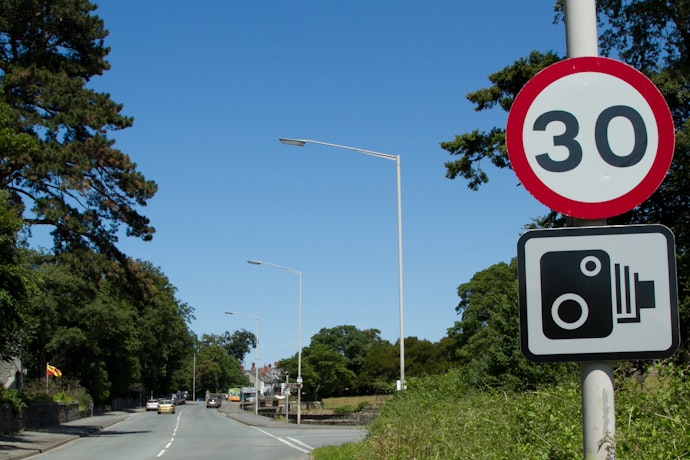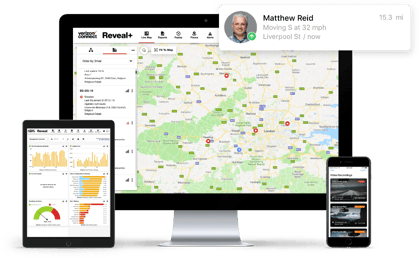9 Secrets to Reducing your Fleet Expenses
As a fleet owner, your day-to-day costs can quickly add up. What you don’t know is there are further hidden, expensive...
Read more
A newly discovered loophole in the way road accidents are reported has thrown the topic of commercial driver safety into the spotlight.
According to a recent report by the Licence Bureau, a discrepancy between how incidents are reported by the Health and Safety Executive and the Department for Transport (DfT) downplays the risks associated with driving for work.
Currently, the HSE lists falling from height as the most dangerous workplace activity – causing 35 deaths in a 12-month period. However, this is at odds with the DfT’s finding that 499 people were killed in road accidents involving a commercial driver. So, based on the DfT data, driving is the most dangerous workplace activity, responsible for more than three times as many deaths as falling from height.
But while the difference in reporting mechanisms may cause confusion, one thing is abundantly clear: driving for work does carry risks. The good news, however, is many of these risks can be reduced and mitigated against.
Data collected on driver behaviour, such as speeding and other aggressive practices, can be used to coach your employees into safer driving practices, which in turn can reduce the chances of accidents. In fact, reducing the average speed across your fleet by just 1mph can reduce the rate of accidents by up to 5%.
Many GPS fleet tracking systems also include audible buzzers which sound in the cab whenever unsafe driving, such as late braking or harsh acceleration is detected. This ultimately helps drivers to improve their driving behaviour.
Ensuring that your drivers have access to a commercial grade sat-nav system with clear and accurate instructions can also help to reduce distraction. And with distraction cited as a contributory factor in 4% of all road traffic accidents, this is a safety measure that should not be underestimated.
GPS fleet tracking could aid towards improving fleet safety across the board, helping you meet your duty of care to your drivers and other road users. And that’s not all. Encouraging and incentivising safer work practices with GPS vehicle tracking can help you to reduce insurance costs, lower fuel consumption and lessen the wear and tear on your vehicles. Find out how.
Tags: Safety, Team management




Find out how our platform gives you the visibility you need to get more done.
As a fleet owner, your day-to-day costs can quickly add up. What you don’t know is there are further hidden, expensive...
Read moreVerizon Connect Reveal tracks the fleet data that can have a big impact on your business. These are things like where...
Read moreAt Verizon Connect, we can only provide the highest possible level of service to fleet managers and business owners by...
Read moreReveal tracks the fleet data that can have a big impact on your business. These are things like where your vehicles are...
Read more